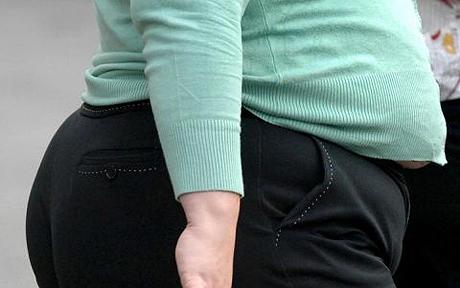Laparoscopic Gastric Banding – Obesity Help
Advances in surgical procedures have resulted in obesity surgery becoming a more effective, safe and reliable means of getting rid of fat and related diseases.
Laparoscopic obesity surgery is gaining popularity over the other operative procedures for weight loss.
The risks and the complications related to the surgery are few with new advances in operative procedures.
The primary purpose of the operation remains the same, as other weight loss surgeries.
It creates a small pouch near the upper part of the stomach called the stomach pouch.
This limits the amount of food that a person eats, resulting in weight loss over a period of time.
Lap Band Procedure Pros and Cons
A major advantage of laparoscopic obesity surgery is that it does not put the immune system of a patient at risk, unlike the other open surgical procedures.
There are numerous other advantages.
- Laparoscopic surgery does not involve any cutting or stapling of the stomach.
- The operation is performed making tiny incisions in the abdomen by a gastric band device.
- The duration of post operative care is reduced considerably – usually no more than 48 hours.
A number of patients are able to go back to their normal routine after a few days of rest.
Researchers have proved that laparoscopic surgery reduces the incidence of complications after the surgery, and fewer cases of hernias were reported than in those patients who had open procedures.
Even though the advantages of undergoing laparoscopic obesity surgery greatly outweigh the disadvantages, the patient should be aware of any complications that are related to this surgery.
Any decision regarding the choice of the surgical procedure should be taken after a lengthy discussion with the bariatric surgeon.







